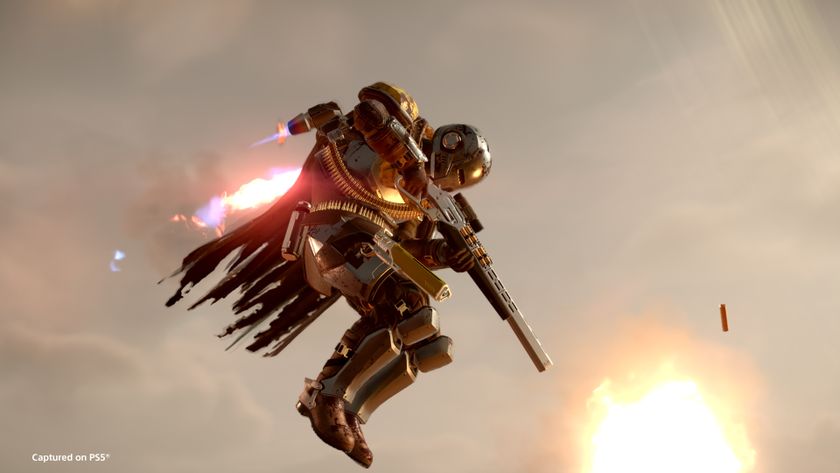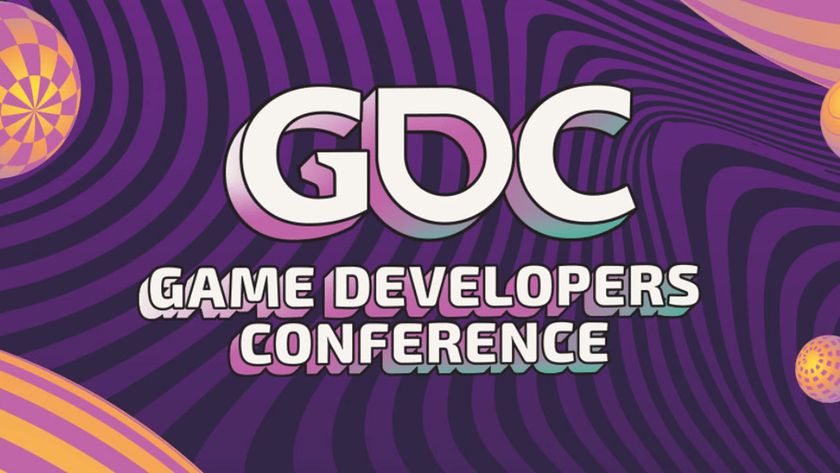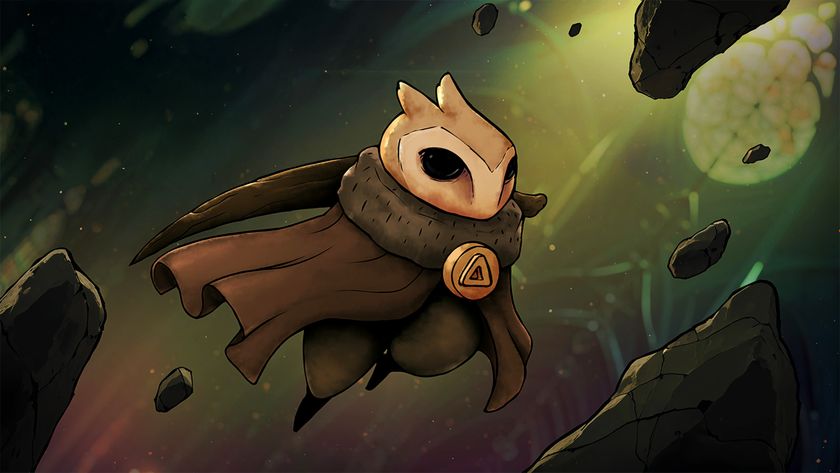No idea what Criterions new game is about? They dont know either
In case you hadn’t heard, Criterion Games--the folks behind Burnout and the recent Need for Speed revamps--really like cars. They’ve got almost twenty years’ worth of love on their resumes to prove it, and with a highly successful franchise on each hip, it’s hard to see them deviating from their master model. And yet it’s been less than a year since former Creative Director Alex Ward announced Criterion would be stepping away from the racing genre to try their hand at something new. We got a taste of what that “something new” might be during EA’s E3 press conference this year, but the trailer was so light on details that many still aren’t sure what the company’s going for. Well, here’s a secret: they aren’t sure either. And they want your help to figure it out.

“It’s about getting people to have an early look at a concept and some prototypes,” explained Criterion General Manager Matt Webster in an interview with GamesRadar. “It’s showing to people that there’s a different way for us to… take people on the journey of how games are made. And that’s the exciting thing to me.”
According to Webster, the reason the team chose to showcase such a light trailer is that they want fans on the ground floor of the development process. The preview and “conceptual prototype” footage (the phrase of the day at EA’s conference) did reveal some things they’ve ironed out, like that the game will be first-person and allow you to play with a wide variety of vehicles. That’s all there is to it right now, but Criterion wanted to show it anyway to get their fans engaged from the start.
“It has to be about beautiful vehicle control, and that means picking the controller up and having just an awesome time as quickly as possible,” Webster explained. “And now we’re taking that across a range of vehicles… and bringing them together in one experience. What are all the types of play I can imagine by bringing those vehicles together? I think the really interesting thing for us is we’ve opened the doors and it’s like, ‘Come on this journey with us.’”

This approach creates something of a symbiotic relationship for the development team, who claim they were heavily inspired by GoPro-bearing athletes who record their daring feats for the world to see. The team was drawn to how that first-person view could be used not just for racing, but exploration and cooperative play too. For Webster and his team, it seemed only natural to bring outside influences in on the other end, creating the possibility of a game of, for, and by the fans.
How user participation will work in this process is still shaky, however. The team still isn’t sure if game-testing will be public or private, or something in between. There’s also the question of how to respond to players who expect Burnout Paradise 2 and will loudly dismiss anything that isn’t that. Plus, you can bet there’s going to be plenty of confusion from without. How do you crowdsource a video game, anyway? Doesn’t this just mean you’re out of ideas? While there have been examples of games being crowdsourced before, like Other Ocean’s insanity-incarnate #IDARB, it’s yet to be done with the sort of AAA games Criterion’s used to making.
However, the team is undeterred. “That’s the modern way games are being made,” claims Webster. “We’ve got to get comfortable feeling uncomfortable about people playing our game way earlier than we ever expected before…We’ve got really clear ideas, we’ve got great features, but we want to be loose at the start because we want people [to come] and imagine it with us.”
Sign up to the 12DOVE Newsletter
Weekly digests, tales from the communities you love, and more

One thing in certain: the idea of bringing John Q Public (or maybe XxXFuSrOdAhXxX) into the mix when the game is still conceptual is ambitious. Whether it will ultimately pay off is hard to say, since balancing the wishes of fans with the realities of game development is a constant struggle. What if that feature everyone loves so much breaks? What if deadlines loom and there just isn’t time to bring in what the players asked for? What if the fans they invite in, due to the demands of development, end up as glorified playtesters? All realities to worry about as the project moves forward--but not reasons to give up, either.
Players are becoming more directly involved with the games they purchase (I mean, Kickstarter) than ever before. Other companies are making similar strides toward gathering fan input--see Ubisoft’s user rating scale in Assassin’s Creed--and Criterion’s just taking the leap earlier than most. Plus, with the addition of virtual reality--“We’ve got the best Oculus game that there is right now,” Webster joked--help figuring out what does and doesn’t work is going to be even more critical.

The unnamed IP has quite a bit of development to go, so we’re unlikely to see a finished product for a while. Still, this is one to keep an eye on. Even with all the perils that come with public input, a game with the scope and ambition the team’s proposing could turn out all the better for it. “You have a ‘you’ in a Criterion game for the first time,” Webster said, and not limiting that to the screen could turn out to be a great decision.
Former Associate Editor at GamesRadar, Ashley is now Lead Writer at Respawn working on Apex Legends. She's a lover of FPS titles, horror games, and stealth games. If you can see her, you're already dead.













